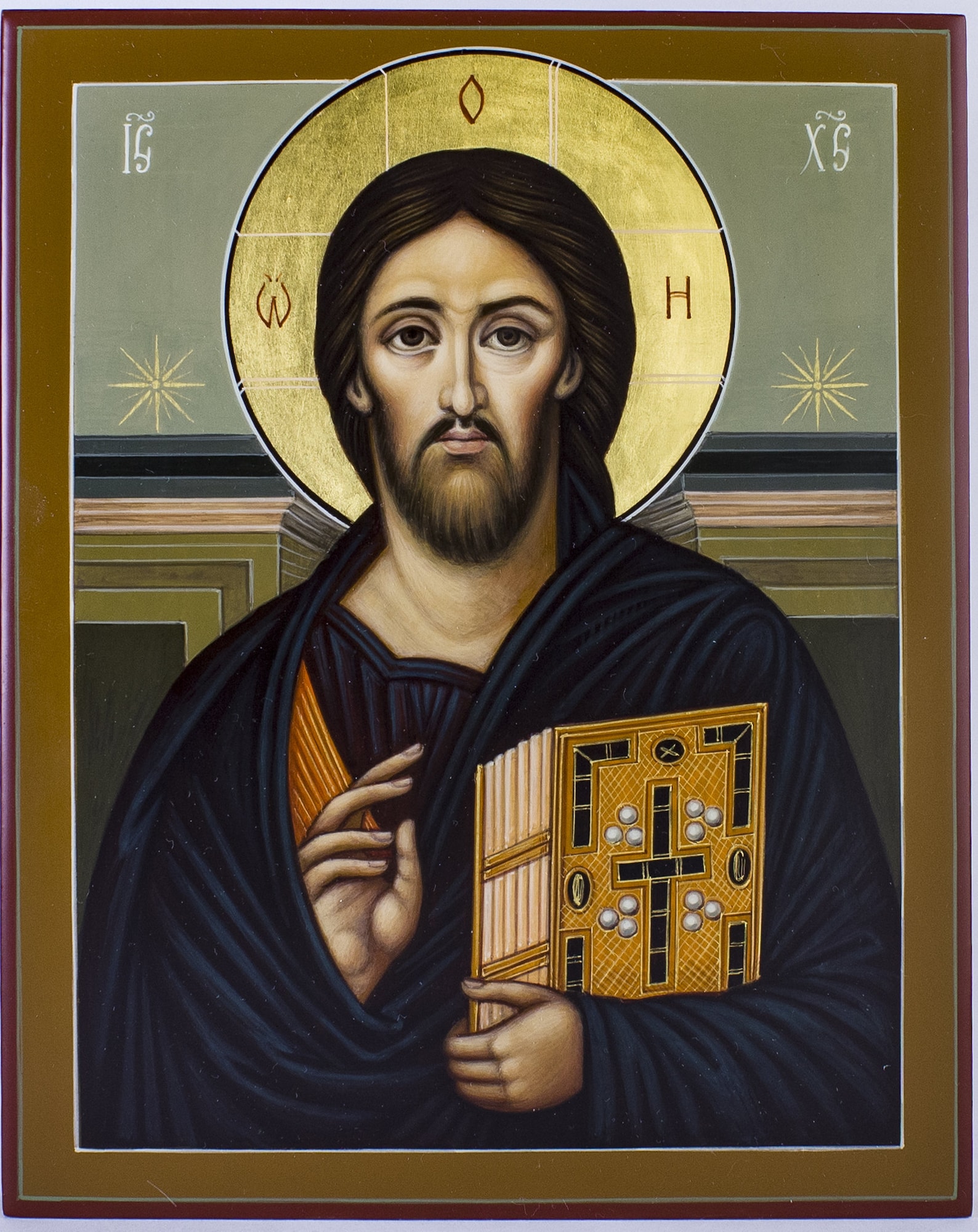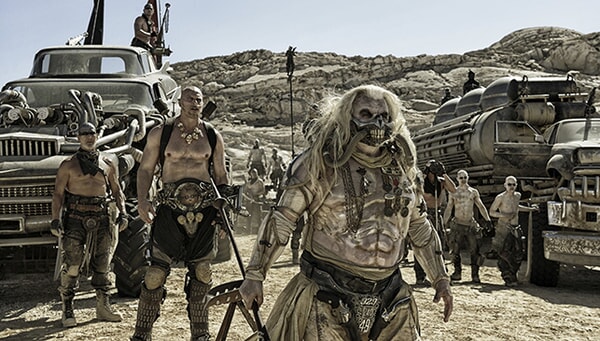 |
| The image of Jesus Pantocrator--Jesus as rightful king of the world. One of the oldest images of Jesus in existence. |
Many on the left are raising the alarm about “Christian nationalism.” It has apparently now supplanted “white supremacy” as the greatest threat to our freedoms.
What is Christian nationalism?
Literally, it is the belief that the US, or Canada, is and ought to be a Christian nation.
Horrors?
This is, in the first place, a simple statement of historic and demographic fact. North American culture is deeply Christian. Anyone before, say, 1960, would see the statement as self-evident. To pretend otherwise is politically motivated historical revisionism.
It is, in the second place, a belief necessarily shared by all Christians that the US and Canada ought to be Christian nations. Any Christian believes Christian values should govern the state. Any Christian believes Jesus Christ is Lord, the rightful ruler of mankind. Non-Christians might or might not agree, but any non-Christian who finds this view problematic is intolerant of Christianity.
In the third place, Great Britain, for example, is constitutionally a Christian nation. While the UK no doubt has its flaws, it is hard to see Britain as a cautionary tale of the tragic consequences of Christian nationalism.
What exactly is the terrifying program of contemporary North American Christian nationalism? According to Wikipedia, “Christian nationalism supports the presence of Christian symbols in the public square, and state patronage for the practice and display of religion, such as Christmas as a national holiday, school prayer, the exhibition of nativity scenes during Christmastide, and the Christian cross on Good Friday.”
Whom does such things harm? Isn’t this all part of our shared culture, even if we are not ourselves Christian? Shouldn’t we celebrate our shared culture? Aren’t we even doing most of that now?
Striking out or refusing to acknowledge any parts of our culture that are explicitly Christian is not religiously neutral: it is discriminating against Christianity in favour of atheism.
Some will raise the issue of the “separation of church and state.” Yet this phrase and this principle is not in the constitutions of either the US or Canada. It might have been; the framers rejected the idea. It comes from a private letter by Thomas Jefferson. We might think it is a good idea, but we have no right to smuggle it into the national mandate without passing a constitutional amendment.
I actually agree with Jefferson’s concept; but it does not mean keeping religion out of politics. The separation of church and state work in the same way as the separation of powers within the government, and is important for the same reason. Church and state should be organizationally independent so that they can serve as a check and balance on one another. Churchmen must be free to call out immorality in government, like the Old Testament prophets; at the same time, churches must not exercise government power, because an act imposed by law cannot have moral value.
This does not mean that government should ignore the admonitions of the churches, or the teachings of Christianity, any more than that the executive should ignore the rulings of the Supreme Court.
Given how reasonable the Christian nationalist position is, why is the left so alarmed by it? Why do they see it as an existential threat?
The answer is obvious, and begins with the letter “a.”
They will probably instead raise homosexual rights. No doubt if government listened to Christian principles, gay marriage would go back in the box. But this is not the real reason: it affects few people, and it does not affect them deeply. No: gay marriage was always a feint for not questioning the big “a.”
The fear is that abortion be restricted. “Christian nationalism” is the euphemism. The problem is that by now, too many Americans and Canadians are personally implicated in the crime of abortion to acknowledge that it is a crime.
The term “Christian nationalism” as a euphemism for opposition to abortion is also a lie: abortion is not wrong only because it violates Christian teaching. It also violates Muslim teaching, Jewish teaching, Sikh teaching, Hindu teaching, and Buddhist teaching. It violates liberal teaching, it violates the principles in the Declaration of Independence, and it violates the Golden Rule.
But Christianity is the obvious scapegoat for morality in general, because it has such a good record of standing up for it.
Which is why we need more Christianity in public life.














